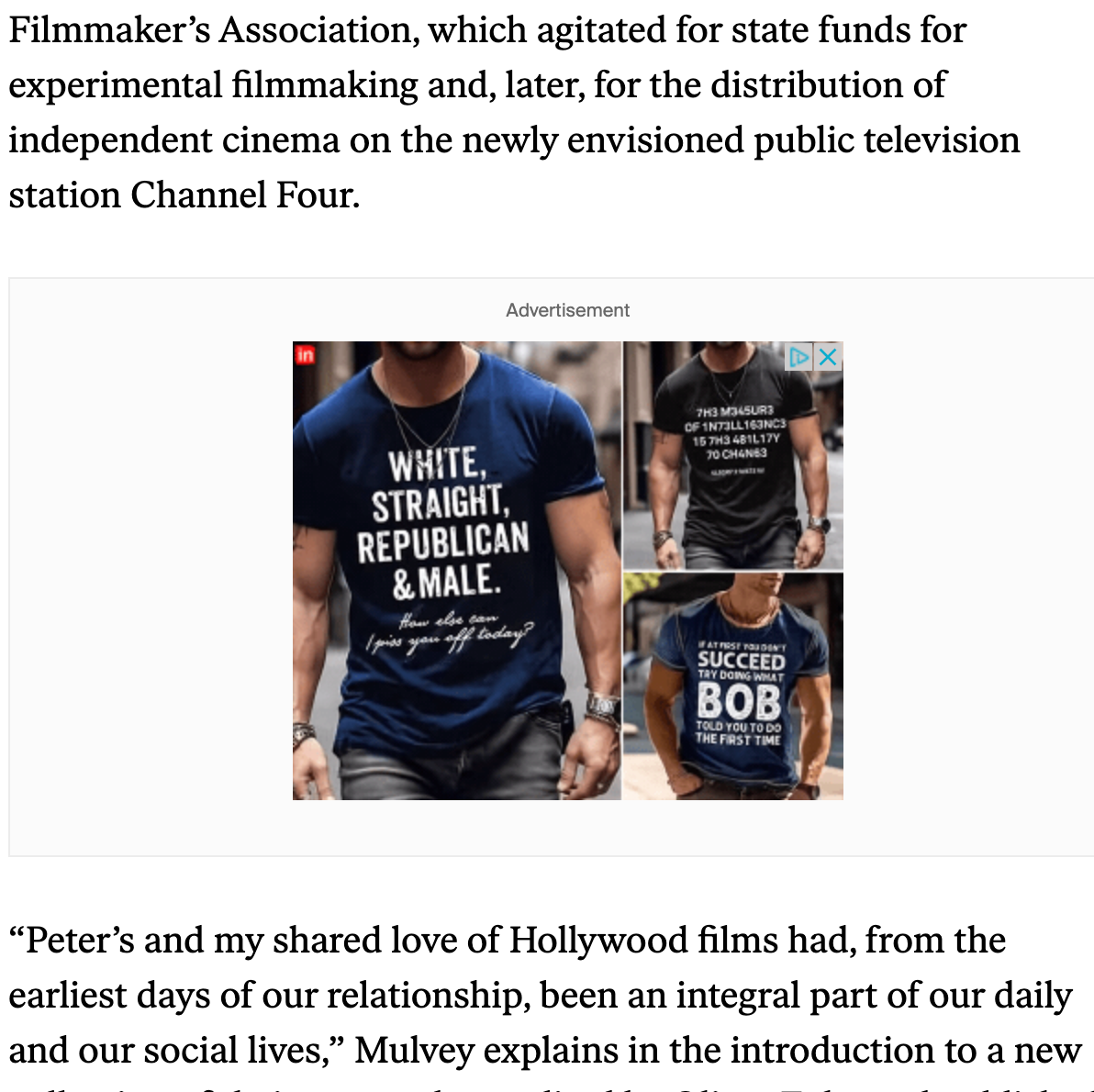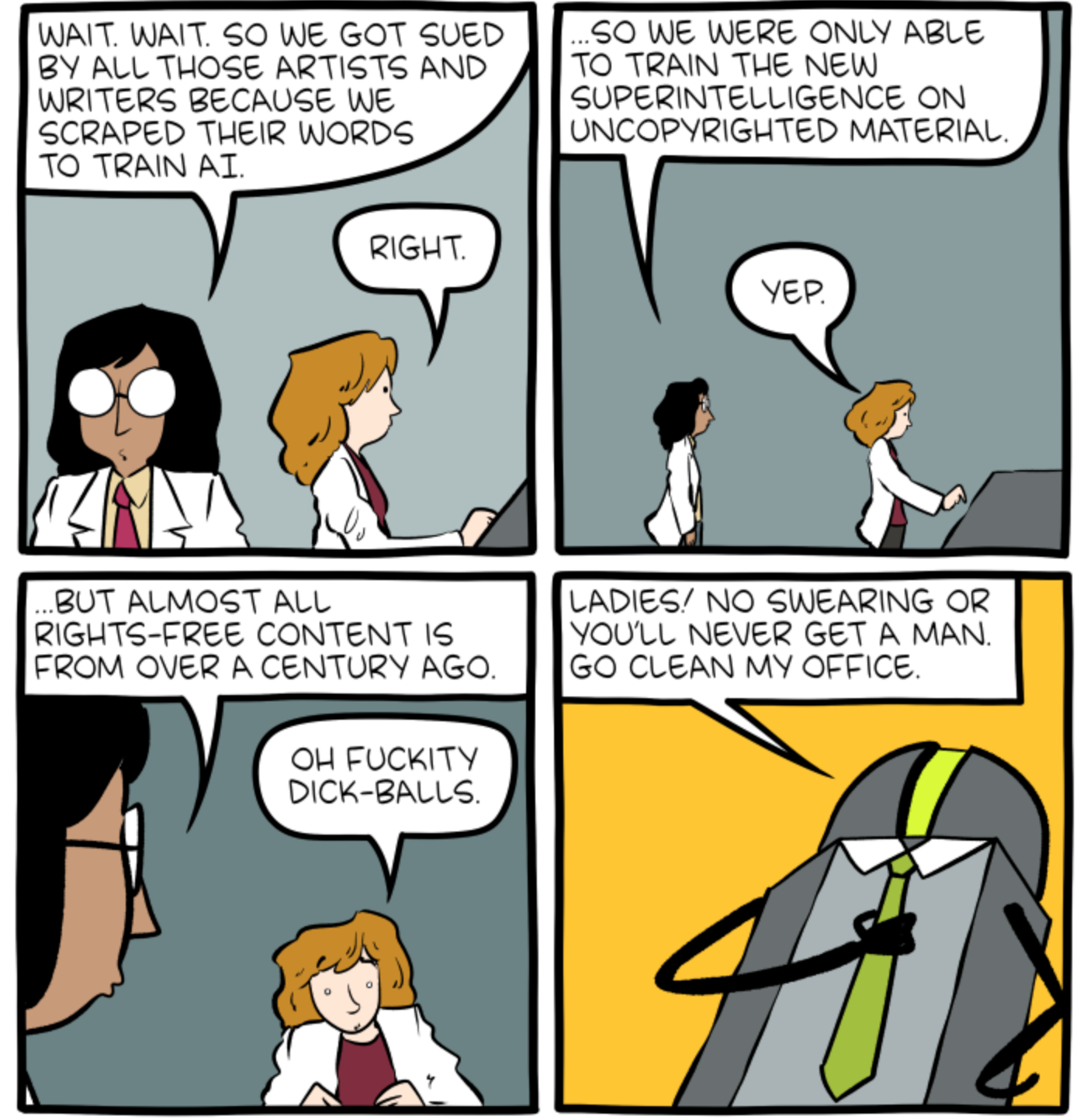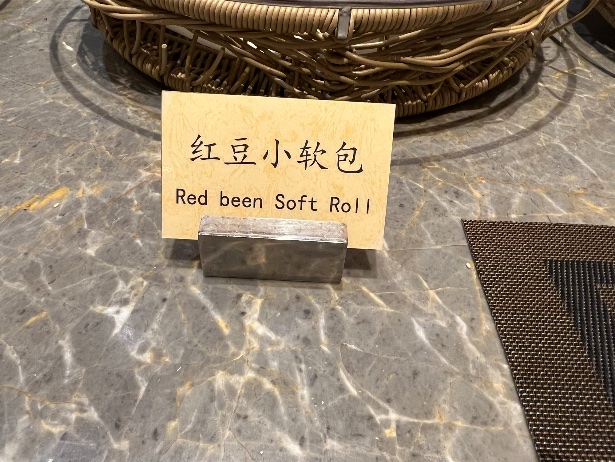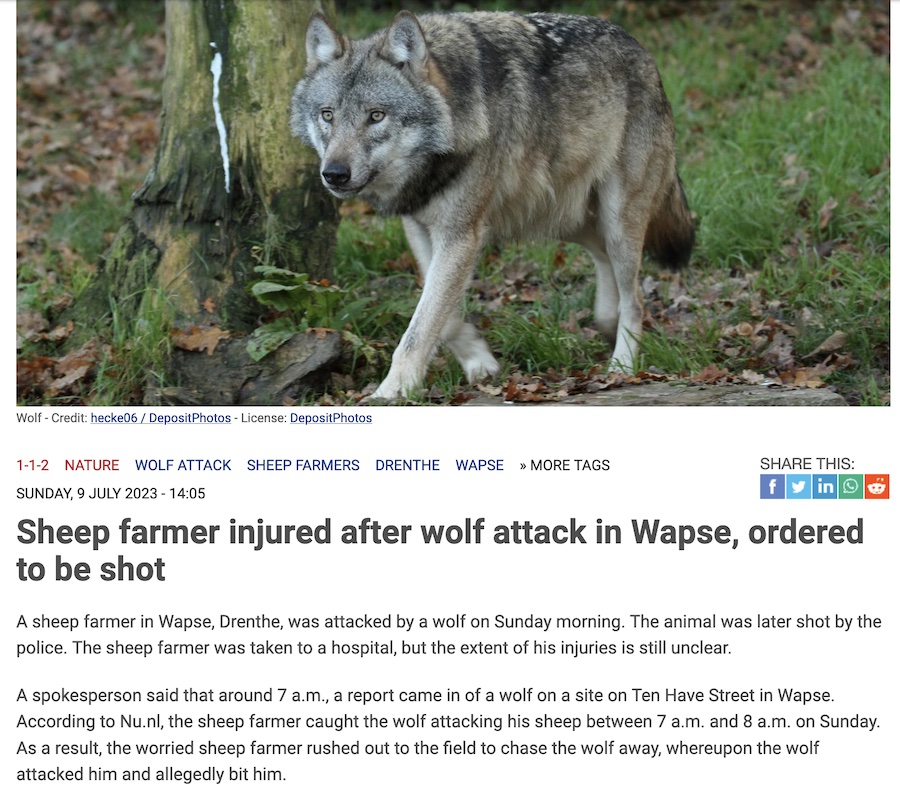Elk topolects
Who would have thought?
Even North America’s Elk Have Regional Dialects
Why do Pennsylvania elk sound different from Colorado elk?
By Kylie Mohr, The Atlantic Monthly (July 16, 2023)
—–
It’s a crisp fall evening in Grand Teton National Park. A mournful, groaning call cuts through the dusky-blue light: a male elk, bugling. The sound ricochets across the grassy meadow. A minute later, another bull answers from somewhere in the shadows.
Bugles are the telltale sound of elk during mating season. Now new research has found that male elks’ bugles sound slightly different depending on where they live. Other studies have shown that whale, bat, and bird calls have dialects of sorts too, and a team led by Jennifer Clarke, a behavioral ecologist at the Center for Wildlife Studies and a professor at the University of La Verne, in California, is the first to identify such differences in any species of ungulate.
…
Read the rest of this entry »



